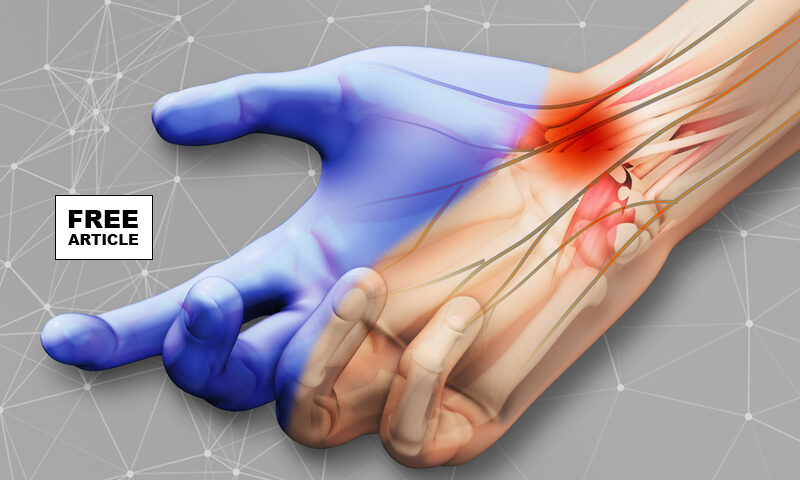Endometriosis Part 1: Root Causes
Endometriosis is classically defined as the presence of endometrial tissue both endometrial glands and stroma (connective tissue), in ectopic locations outside of the uterus, primarily the ovaries, fallopian tubes, pelvic peritoneum and rectovaginal septum. Affecting 6-10% of women of reproductive age, endometriosis is characterized by dysmenorrhea, chronic pelvic pain, irregular uterine bleeding and/or infertility and is occasionally accompanied by painful intercourse, bowel movements and/or urination.










